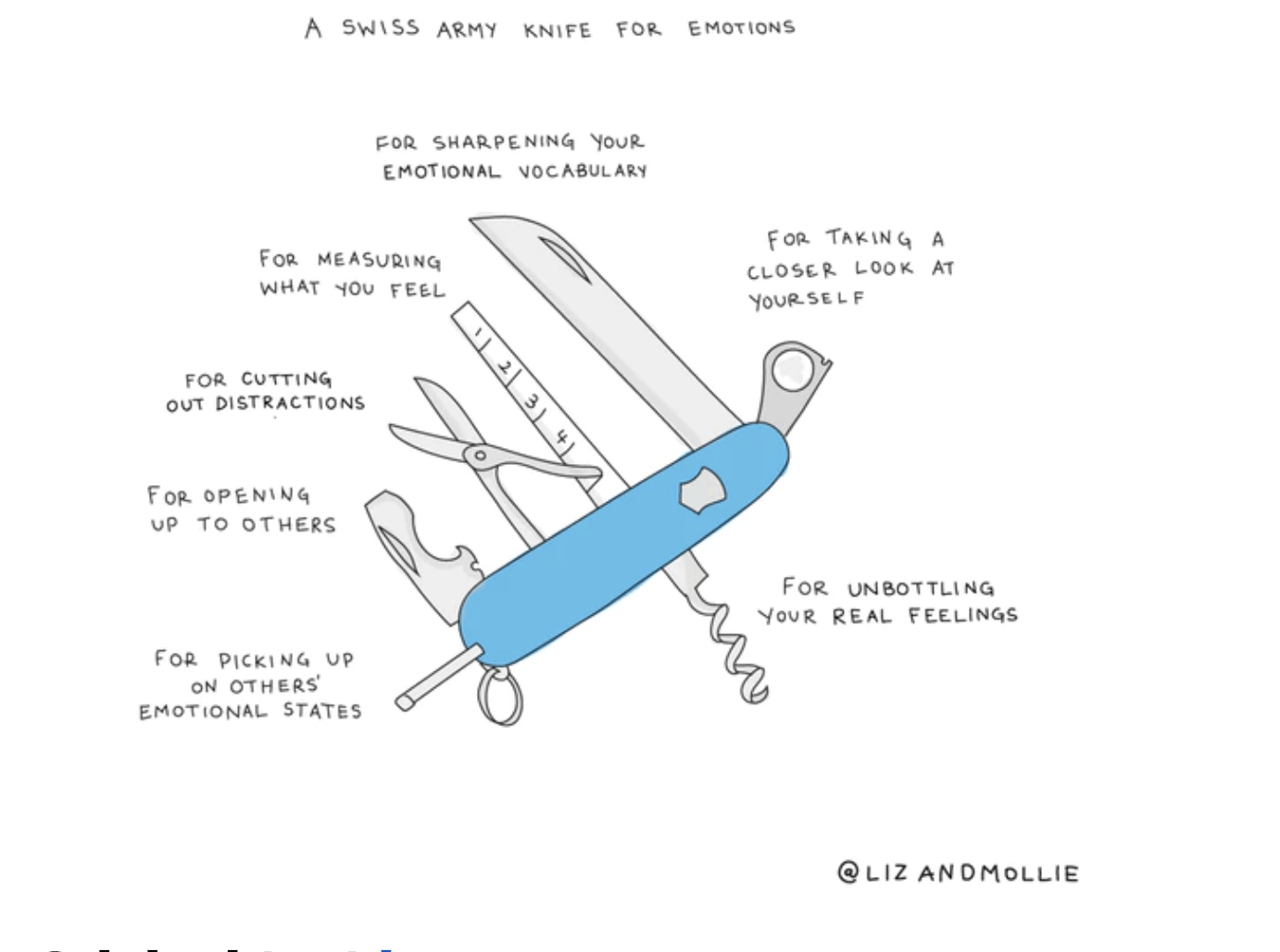Dpers: Podcast Round-up
Reflection:
In our Dpers unit, we took on different challenges for 5 days with the goal of making a podcast of our experiences. My partner, Sri, and me took on the challenge to use our phones as little as we can for 5 days.
The Science of Developing Mental Toughness in Your Health, Work, and Life:
Which three quotes from that reading link with your experiences in the podcast project? What makes you say so?
- It wasn’t strength or smarts or leadership potential that accurately predicted whether or not a cadet would finish Beast Barracks. Instead, it was grit — the perseverance and passion to achieve long–term goals — that made the difference.
This linked with my experiences in my podcast as it wasn’t facts about whether I had a phone or not that defined my success in doing this challenge but how much willpower and internal mental strength I had to not use my phone.
- Ivy League undergraduate students who had more grit also had higher GPAs than their peers — even though they had lower SAT scores and weren’t as “smart.”
This linked with my experiences in my podcast as I realised it was working towards a goal and having perseverance that would make me successful overall but not starting off really strong and gradually decreasing my ability to follow the challenge – it is okay to have some lulls in your success as long as you are strongly working towards a goal.
- Mental toughness is an abstract quality, but in the real world it’s tied to concrete actions. You can’t magically think your way to becoming mentally tough, you prove it to yourself by doing something in real life.
This linked with my experiences in my podcast as I often found that I could easily say and imagine that I could stick to the challenge but in reality it was harder to do. I realised that to have perseverance you have to be actively working towards something and proving it in reality rather than imagining it up.
How is this useful for you as we enter the last three months of the year?
We have exams and many submissions during the last three months of the year and practicing mental toughness and building grit through small challenges like this will help me study dedicatedly and responsibly.
Before we carried out our challenge my partner and I made this partnership agreement:
- As you listen to your partner agreement responses, where do you think you should have thought more about collaboration?
I feel like we should have organised a bit more as to setting google calendar reminders instead of just reminding each other by spoken word to make sure we wouldn’t forget. Sometimes we forgot to carry out the challenge in the beginning of the day as we did not set a calendar reminder or another source to remind us.
- Which pieces of advice could you have thought more deeply about and why?
We spoke a lot about how we should listen and reflect more onto our podcast and I felt like while listening back onto our daily recordings during the challenge, we missed out on the opportunity to reflect about the day fully in the recordings. However, our final podcast did include some of our reflection, we should have thought more deeply about the extent of the reflection we should have portrayed during our daily recordings to fully portray what we had learnt from the challenge.
- Now that you’ve worked with different partners, what is it that you MOST need from a partner during a project and how do you know?
I feel like I need a reliable and quality-oriented partner who also has a few different ideas for a project as well. In this way, I feel like my partner, Sri, and me took equal responsibility over the content and quality of our podcast. She was a reliable partner and took on the work when I was absent as well and made sure we stayed on track. We worked well with each other.
According to the Swiss Knife picture show below:
Which part of the tool (see below) was the sharpest for you in this project?
I feel like the sharpest tool for me in the project was the bottle-opener as I felt like I opened up to my partner and communicated well with her during the challenge and made sure we were on the same page.
Which part do you think you need to spend more time using and why? How would using that tool have helped with this project?
I also felt like I could have took a closer look at myself (magnifying glass) and measured what I felt better (ruler) as I feel a few of my reflections were lacking and I could have said much more about the daily experiences of the challenge and portrayed much more about the effects about the challenge. If I had reflected more, I believe that the overall content quality and message that we strived to portray in the podcast would have been better expressed. However, this a good reminder for me to think more deeply in my work in the future.
